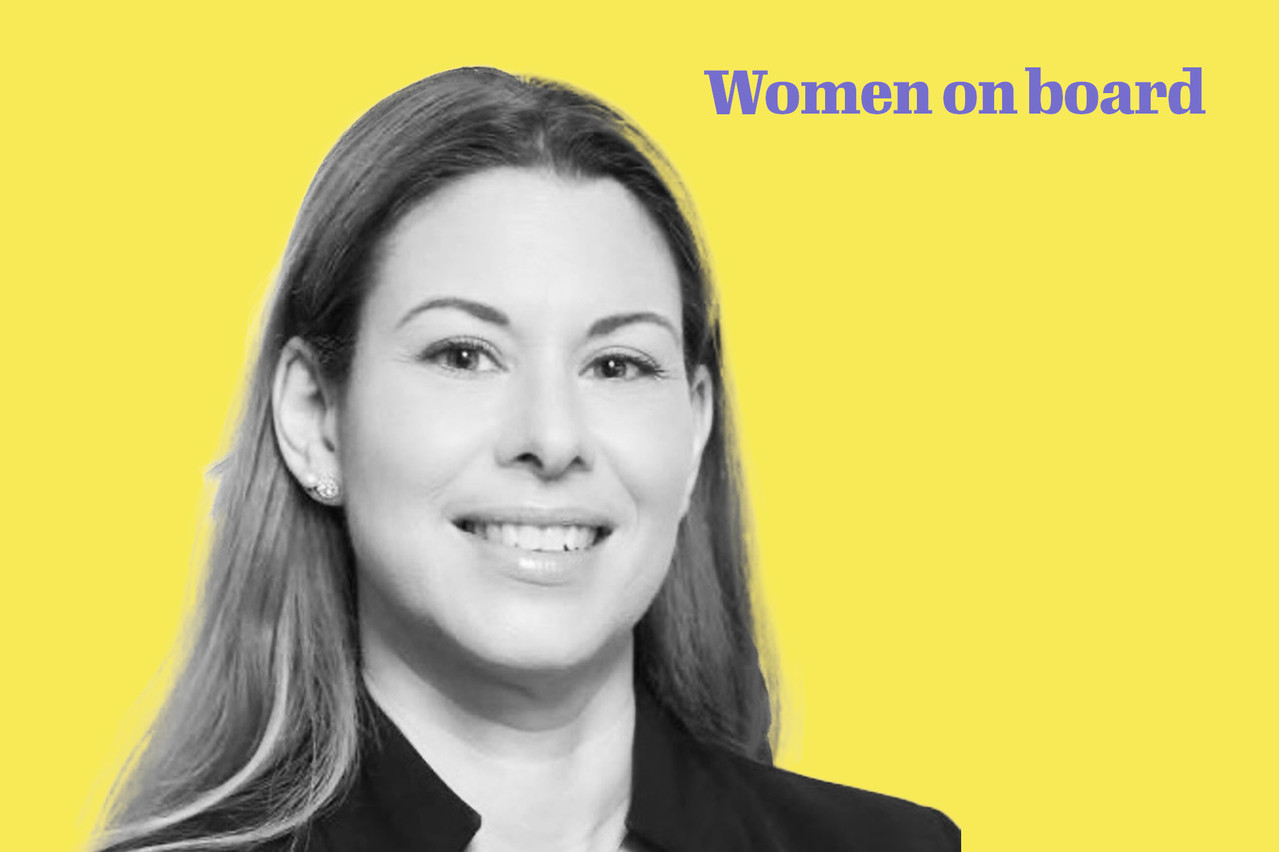Alethia Lyriotakis has been director of brand & content for Deloitte Luxembourg since January 2025. She is also a member of the startup and scaleup committee of the Institut Luxembourgeois des Administrateurs (ILA).
Paperjam: Do you believe gender equality is improving within boards of directors?
Alethia Lyriotakis: Gender equality is improving as more women are presenting themselves for independent directorships, potentially inspired by other women around them who are active independent directors and provide them with counsel and encouragement, while in parallel being supported by increasing corporate initiatives supporting diversity.
What is your opinion on quotas for women on boards?
Sometimes in order to make a change measures have to be taken. Climate change is being tackled by a series of regulations around the world. Without this, potentially, we would still be waiting on change to begin. Quotas on boards exist because this is one way the system can be influenced to change course. Quotas can kickstart and set dynamics in motion, but, in my view, should be dealt with carefully. A person’s skillset and competencies still remains critical to success in roles regardless of gender. In board roles where governance plays a crucial role in ensuring the company’s future, compliance with legislation and business perennity, a qualified professional is what one seeks. That one should--without bias--consider and source a competent individual from a pool of both men and women is what we aim for.
Do you feel a particular responsibility to advocate for gender parity and inclusion?
I feel that the Luxembourg ecosystem is supportive of gender parity and inclusion and I do not feel a particular need to advocate for this. I do encourage and support other women to consider this path as a way to share their value via specific skill set and competencies.
In your view, how does diversity impact a board’s performance?
In my view, diversity significantly enhances a board’s performance by bringing a broader range of perspectives to the table leading to more introspection and well-rounded decision making. Diversity extends beyond gender and race to include age, cultural backgrounds, professional experiences--all of which provide new reference points for comparison, enhanced critical thinking and open discussion.
What solutions or policies could foster better gender parity?
Before seeking parity on boards, it is important to increase the pool of available talents for such positions. Mentor programmes that could support and prepare women to consider and prepare for board positions are great ways to support this. Likewise, enhancing networking opportunities in specific forums where woman can connect with existing board members and decision makers to explore options is another.
What advice would you give to a young woman who wants to make her mark in society? And what would you caution her against?
I would advise both a young woman or a young man to believe in themselves--their voice matters and their value should not be underestimated. I would caution against isolating themselves from others and overlooking others’ ideas and input. All ideas are powerful when we connect and weave them into a bigger and more powerful concept. Collective collaboration will always support positive impact--if one wants to leave a mark on society, it is inherent to be an active member in and work with that society as a team player.
